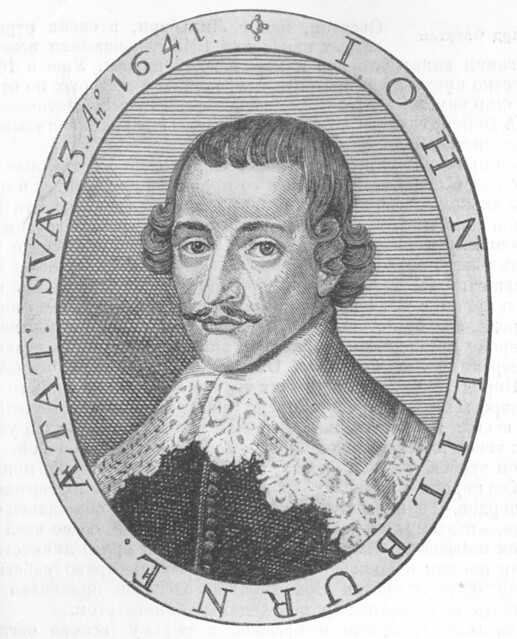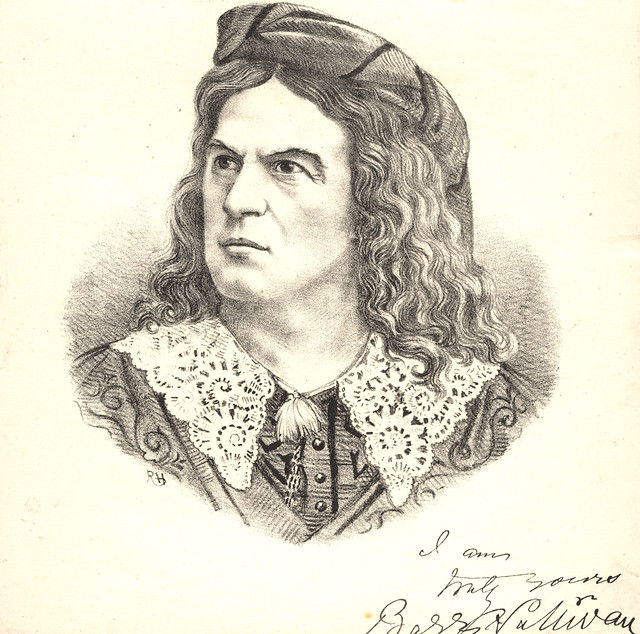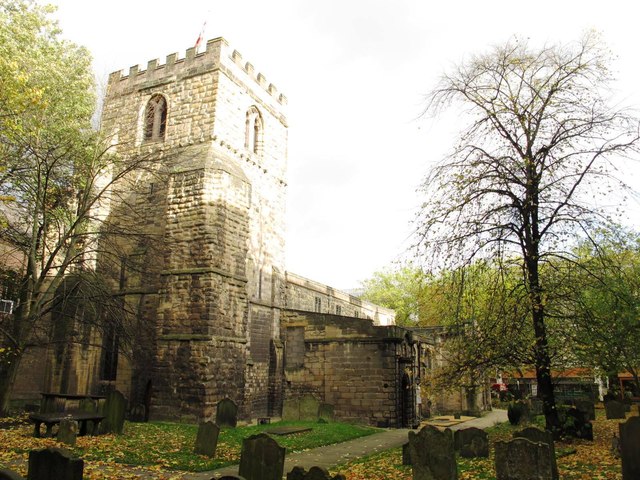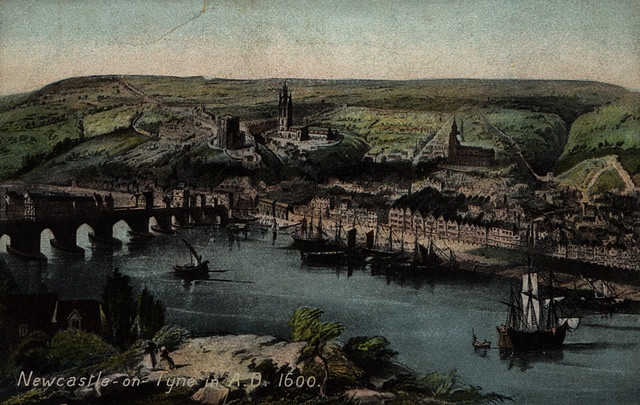John Lilburne, political agaitator

-
Description
John Lilburne (1614 – 29 August 1657), also known as Freeborn John, was an English political agitator before, during and after English Civil Wars 1642-1650. A libertarian, he coined the term "freeborn rights", defining them as rights with which every human being is born, as opposed to rights bestowed by government or human law. In his early life he was a Puritan, though towards the end of his life he became a Quaker. His works have been cited in opinions by the United States Supreme Court. John Lilburne was a child of middle level, the exact date of whose birth is unknown; there is some dispute as to whether he was born in 1613 or 1614.He was probably born in Bishop Auckland[1] in County Durham, England where his uncle Richard Lilburne became one of the first members of Parliament to represent the County of Durham.[2] John's elder brother Robert Lilburne also later became active in the Parliamentary cause, but seems not to have shared John's Leveller beliefs. By his own account Lilburne received the first ten years' of his education in Newcastle, almost certainly at the Royal Free Grammar School.[2] In the 1630s he was apprenticed to John Hewson who introduced him to the Puritan physician John Bastwick, an active pamphleteer against Episcopacy who was persecuted by Archbishop William Laud. Lilburne also campaigned against Tithes, a system where peasants paid the Church one tenth of their income, on the basis that they were a Jewish tradition abolished by the New Testament. In 1638 at age 22, John Lilburne imported into England religious publications from Holland which were not licenced by The Stationers' Company (known after 1937 as the Worshipful Company of Stationers and Newspaper Makers). At that time all printing presses were licenced as well as the publications that were produced on those presses. John Lilburne was arrested upon information by an informer acting for The Stationers' Company and brought before the Court of Star Chamber. Instead of being charged with an offense he was asked how he pleaded. John Lilburne demanded to be presented in English with the charges brought against him (much of the written legal work of the time was in Law French). The Court refused Lilburne's request. The court then threw him in prison and again brought him back to court and demanded a plea. Again, Lilburne demanded to know the charges brought against him. The authorities then resorted to flogging him with a three-thonged whip on his bare back, as he was dragged by his hands tied to the rear of an ox cart from Fleet Prison to the pillory at Westminster. He was then forced to stoop in the pillory where he still managed to campaign against his censors, while distributing more unlicenced literature to the crowds. He was then gagged. Finally he was thrown in prison. He was taken back to the court and again imprisoned. This began the first in a long series of trials that lasted throughout his life for what John Lilburne called his "freeborn rights". As a result of these trials a growing number of supporters began to call him "Freeborn John" and they even struck a medal in his honour to that effect. It is this trial that has been cited by constitutional jurists and scholars in the United States of America as being one of the historical foundations of the Fifth Amendment to the United States Constitution. It is also cited within the 1966 majority opinion of Miranda v. Arizona by the U.S. Supreme Court. On his release, he married to Elizabeth Dewell (a London merchant's daughter) in September 1641. Lilburne’s agitation continued, the same year he led a group of armed citizens against a group of Royalist officers, forcing them to retreat. Lilburne was held in the Tower until March 1654, then transferred to Jersey and finally, in October 1655, he was brought to Dover Castle. On parole at Dover, Lilburne met Luke Howard, a Quaker whose serenity impressed him and began the process of his own conversion. In 1656, he was allowed to leave the castle during the daytime to visit his wife and children, who had settled in Dover. Later he was permitted to stay away from prison for several days at a time and took to visiting Quaker congregations in Kent. In the last of his 83 pamphlets, The Resurrection of John Lilburne, he declared that he had given up political activism and become a Quaker. In the summer of 1657, whilst visiting his wife, who was expecting their tenth child, he caught a fever and died at Eltham, Kent, on 29 August 1657, aged 42. -
Owner
lisby1 -
Source
Flickr (Flickr) -
License
What does this mean? Public Domain Mark
-
Further information
Link: https://www.flickr.com/photos/60861613@N00/3865424488/
Resource type: Image
Added by: Simon Cotterill
Last modified: 9 years ago
Viewed: 1672 times
Picture Taken: Unknown -
Co-Curate tags









